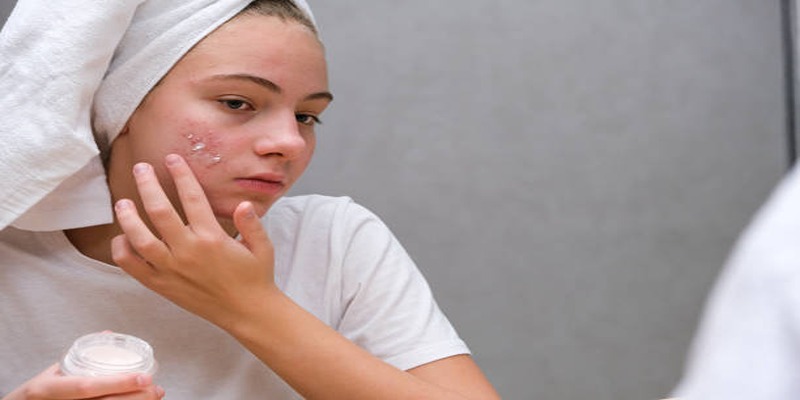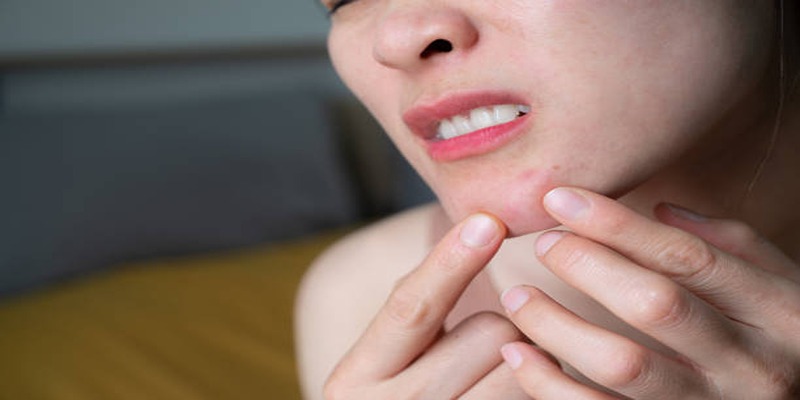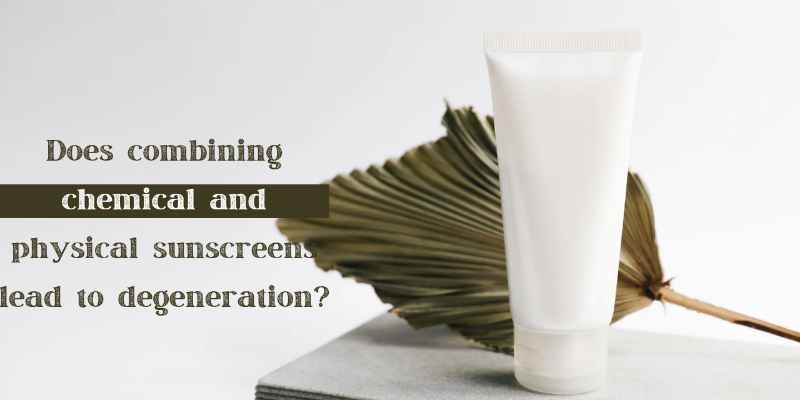Nodular acne is a stubborn and often painful form of acne that can be difficult to treat. It forms deep in the skin and feels like hard knots, which can lead to scarring if not managed properly. Understanding the right treatments for nodular acne is important for reducing outbreaks and preventing long-term skin damage. In this guide, we'll cover the top nine questions you should consider when discussing treatment options with a dermatologist. By breaking down the complexities of nodular acne treatment, this guide aims to provide clear and useful information to help you achieve healthier skin.
What is the root cause of nodular acne?

Nodular acne is primarily caused by blocked pore that is characterized by a combination of excess oil, dead skin and bacteria. This is mainly due to hormonal changes associated with puberty or perhaps hormonal changes related to menstration or periods of high stress can lead to formation of nodules on the skin can cause increase in the production of oil. Further, the genetic factor is also responsible since people with a family history of severe acne may develop nodular acne only.
2. How severe is my nodular acne?
Evaluating the severity of nodular acne plays an important role in prognosis of the disease and selection of the therapy course. Generally, dermatologists evaluate acne based on the number of nodules, size of a nodule, whether it formed a scar or not, and size of the area needed to contain all the nodules. Mild nodules acne may involve a low number of nodules with little to no pain and a low level of scarring while the severe nodules could be many in number, painful, leading to a high level of scarring.
Accurately assessing the severity helps in deciding whether to pursue over-the-counter solutions, prescription medications, or more intensive treatments like corticosteroid injections or laser therapy.
3. What treatments have I already tried?
When discussing your treatment history with your dermatologist, it's essential to provide a comprehensive overview of what you have already attempted. This includes any over-the-counter products like benzoyl peroxide or salicylic acid cleansers, as well as any past prescriptions such as topical retinoids or oral antibiotics. Detail how long each treatment was used and any side effects or improvements you noticed. This information can help in determining whether a particular treatment was not effective due to improper use, insufficient duration, or if your nodular acne is simply resistant to that type of intervention.
4. What are the most common treatment options for nodular acne?
Treatments for nodular acne are quite many and are targeted at different stages in the formation of the acne. Primarily, retinoids and benzoyl peroxide go on the skin to soothe the breakout and minimize the chance of blockage. For more severe conditions patients can be prescribed with antibiotics and isotretinoin, which work from inside the body.
Additionally, hormonal therapies, such as anti-androgens, are effective for individuals whose acne is related to hormonal fluctuations. In some cases, dermatological procedures like laser therapy or chemical peels may be recommended to improve skin texture and reduce scarring.
5. How long will it take to see results?
Consistency and patience are key when it comes to treating nodular acne, as results may not be immediate. For most treatments, it can take several weeks to a few months before noticeable improvements occur. For example, topical treatments might start showing effects within 4 to 8 weeks, while oral medications could take longer. Its crucial to adhere to your prescribed treatment plan and attend follow-up appointments with your dermatologist to assess progress and make any necessary adjustments.
6. Are there any potential side effects or risks with these treatments?
As with any medication, there is always the potential for side effects or adverse reactions. It's important to discuss any known allergies or medical conditions with your dermatologist before beginning treatment. Some common side effects of nodular acne treatments include,
- Dryness and irritation of the skin
- Increased sensitivity to sunlight
- Nausea or upset stomach (with oral medications)
If severe side effects occur, it's important to contact your dermatologist immediately.
7. Are there any lifestyle changes that can help manage nodular acne?
While medical treatments are essential for managing nodular acne, incorporating certain lifestyle changes can also support clearer skin. Maintaining a consistent skincare routine that includes gentle cleansing can help control oil production and prevent pore blockages. A balanced diet, rich in fruits, vegetables, and whole grains, may also aid in reducing inflammation. Regular exercise promotes healthy circulation, improving overall skin health. Stress management techniques such as meditation, yoga, or adequate sleep can mitigate stress-induced acne flare-ups.
8. How often should I follow up with my dermatologist?
Regular follow-up appointments with your dermatologist are crucial when managing nodular acne. Initially, your dermatologist may recommend visits every few months to monitor treatment efficacy and make necessary adjustments. Once your acne is under better control, these appointments might be spaced further apart. Frequent communication allows for timely interventions in case of side effects or changes in acne severity. Keeping a track of your symptoms and any new skin concerns is beneficial for maximizing the effectiveness of each consultation with your dermatologist.
Can nodular acne be cured completely?

While there is no definitive cure for nodular acne, it can be effectively managed with the right treatment plan. With proper medical intervention and lifestyle modifications, many individuals see significant improvements in their acne symptoms over time. However, it's essential to continue following a skincare routine and regularly consulting with your dermatologist even after achieving clear skin to prevent future flare-ups. Nodular acne may also lessen or disappear entirely as you age and experience hormonal changes. Remember that each individual's journey with nodular acne is unique, and finding the right treatment approach may require some trial and error.
Conclusion
Dealing with nodular acne can be a challenging and often frustrating journey, but understanding the condition and working closely with a dermatologist can lead to effective management and improvement. It's important to approach treatment with patience, persistence, and a willingness to explore different options as guided by professional advice. Remember, lifestyle changes can complement medical treatments, promoting clearer skin and overall well-being.






